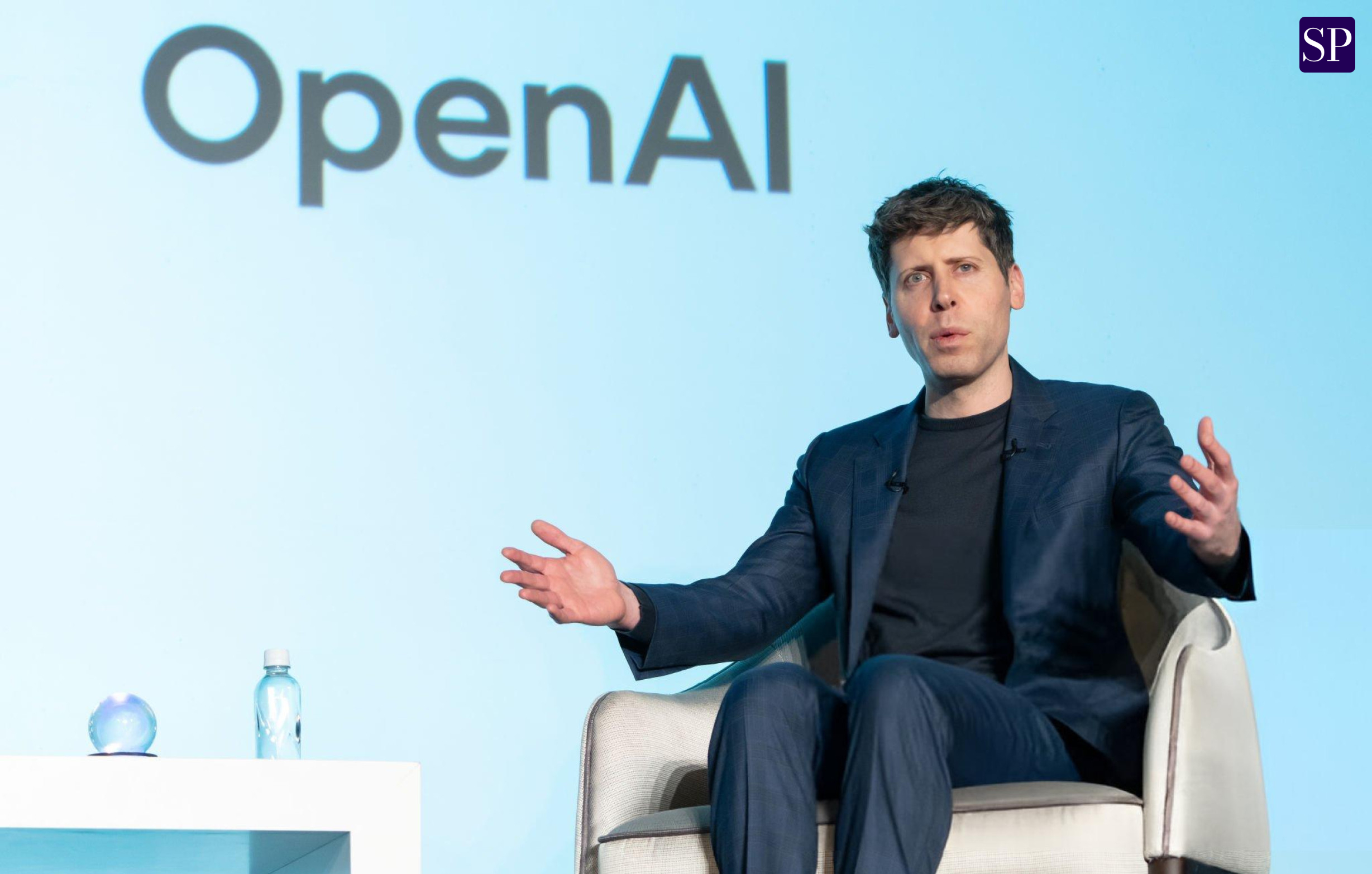OpenAI CEO Sam Altman is taking a bold step towards transforming how people interact with technology. In an ambitious collaboration with former Apple design chief Jony Ive, Altman is working on an AI-powered device designed to replace traditional smartphones. This groundbreaking project aims to eliminate the need for touchscreens and traditional interfaces, shifting towards a more intuitive, AI-driven approach.
In a recent interview with Nikkei Asia, Altman discussed how the upcoming device leverages generative AI to create a smarter, more efficient way for users to interact with technology. If successful, this project could outperform existing smartphone software and redefine digital communication as we know it.
The Concept: An AI-First Approach
Altman’s vision is rooted in the belief that smartphones, as they exist today, are outdated and inefficient. His solution? A device that relies primarily on voice commands, gesture recognition, and other intuitive interfaces, eliminating the need for conventional touchscreens or typing. This shift is expected to make interactions with digital devices more seamless, natural, and user-friendly.
Jony Ive’s Design Expertise Joins the Project
To bring this ambitious vision to life, Jony Ive, the renowned designer behind the iPhone, is lending his expertise to the project. Ive’s involvement ensures that the device will not only be technologically advanced but also beautifully designed and ergonomically optimized for user comfort. His work at Apple has solidified his reputation as one of the most influential designers in the tech industry, making his role in this project a significant development.
Funding and Support for the AI Device
While technical details remain undisclosed, Altman has hinted that the project has been in development for over a year and is backed by significant funding. OpenAI’s resources, combined with Ive’s design expertise, position this initiative as a potential game-changer in the world of AI-powered hardware.
How AI Could Replace Smartphones
The shift from traditional smartphones to AI-driven hardware could mark a major turning point in consumer technology. Some key aspects of this futuristic device include:
- Voice-First Interaction: Users would no longer need screens; AI would process commands via speech recognition.
- Personalized AI Assistant: The device could function as an intelligent virtual assistant, learning user preferences and adapting accordingly.
- Minimalist Design: Without the need for screens and keyboards, the gadget could feature a sleek, lightweight design.
- Context-Aware Responses: AI-driven systems could predict user needs and respond proactively.
Challenges and Potential Roadblocks
While Altman’s vision is revolutionary, several challenges could arise:
- User Adaptation: Will people be ready to give up screens and rely entirely on voice-based interactions?
- AI Privacy Concerns: How will OpenAI address data privacy and user security in an always-listening device?
- Software and Ecosystem Compatibility: Can this device integrate seamlessly with existing apps and services?
- Hardware Manufacturing: Designing and producing a mass-market AI device requires significant resources and expertise.
A Long Road Ahead: What’s Next?
Despite the excitement surrounding this project, Altman has made it clear that a prototype may take several years to develop. In the meantime, OpenAI continues to advance AI research, recently launching a new AI agent known as Deep Research. This tool is designed to help users conduct complex, in-depth research across finance, science, policy, and engineering using the power of ChatGPT.
Sam Altman’s vision for an AI-powered alternative to smartphones is undeniably ambitious. If successful, this project could change the way humans interact with technology, eliminating the need for screens and transforming digital communication. With Jony Ive’s design expertise, strong funding, and OpenAI’s cutting-edge AI advancements, the future looks promising. However, significant technical and adoption challenges remain, and only time will tell whether this innovation will reshape the mobile industry or remain an experimental concept.
